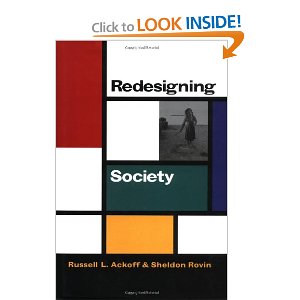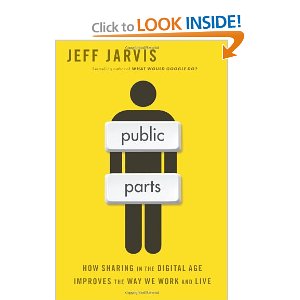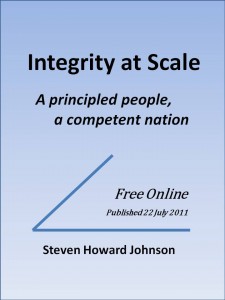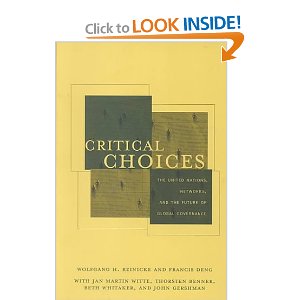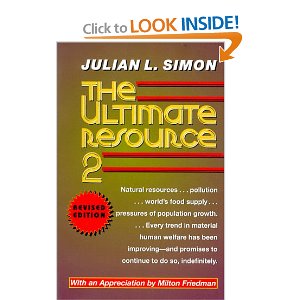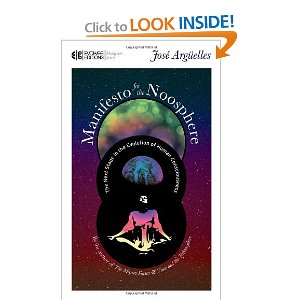
Jose Arguelles
5.0 out of 5 stars Baseline Reading, VERY Dense, A Long Study,January 29, 2012
I read this book in galley form and forgot to post a review after the pre-order period ended. This book was a direct inspiration to my own forthcoming book from the same publisher that I am evidently not allowed to link to here at Amazon, The Open Source Everything Manifesto:Transparency, Truth, and Trust.
From the author:
It [noosphere] is a whole-systems paradigm that melds prophecy and analysis of current world trends. It is a perception that the transformation of the biosphere is inevitably leading to a new geological epoch and evolutionary cycle, and it is due to the impact of human thought on the environment that this new era — the Noosphere — is dawning.
This is a capstone work that integrates all the author's past works, each linked here.
The Mayan Factor: Path Beyond Technology
Earth Ascending: An Illustrated Treatise on Law Governing Whole Systems
Time and the Technosphere: The Law of Time in Human Affairs
Surfers of the Zuvuya: Tales of Interdimensional Travel
Galactic Meditation: Entering the Synchronic Order
Mandala
The Transformative Vision: Reflections on the Nature and History of Human Expression
Book of the Transcendence: Cosmic History Chronicles Volume 6
The Arcturus Probe: Tales and Reports of an Ongoing Investigation
The Call of Pacal Votan: Time is the Fourth Dimension
and more. One could spend a lifetime on this author's reflections.


